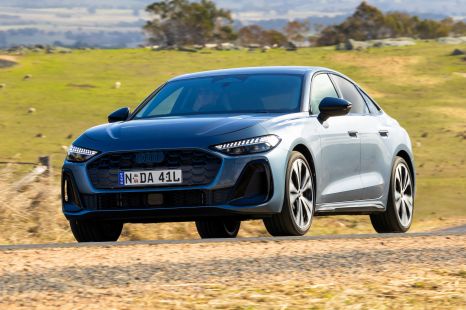

James Wong
2025 Audi A5 Sedan TFSI 150kW review
5 Days Ago
South Australia wants to charge EV owners in lieu of fuel excise, but also pledges to buy more electric vehicles for its fleet and to fund public charging sites

Senior Contributor
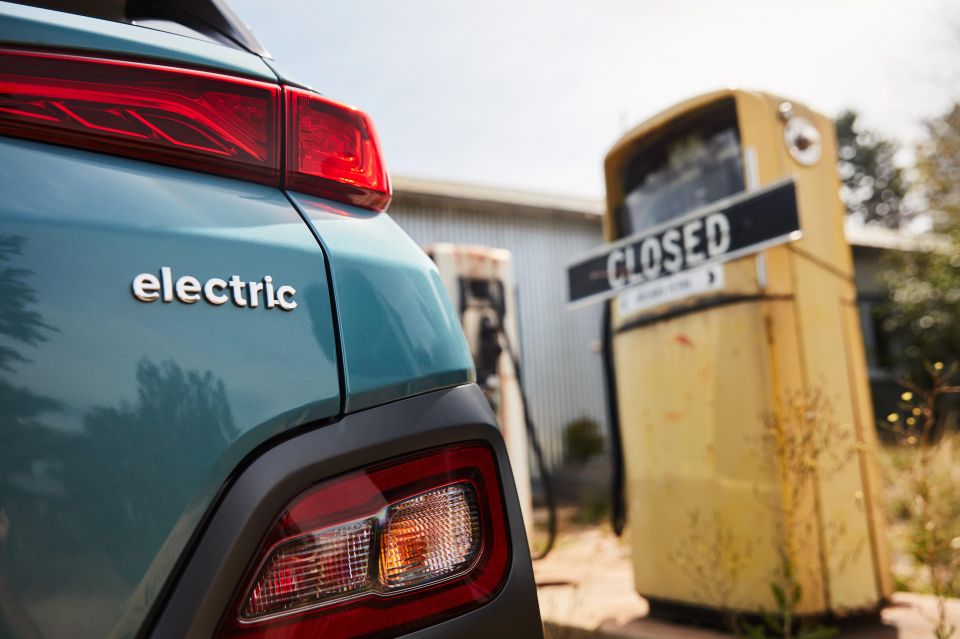

Senior Contributor
South Australia’s State Government plans to implement a road user charge on zero-emissions electric-vehicle owners, to put towards road maintenance in lieu of the revenue-bolstering fuel excise.
The announcement was made today during the State’s 2020-21 budget speech delivered by Treasurer of South Australia Rob Lucas. The charges are earmarked to commence from July 1, 2021.
The charge is set to include a fixed component – similar to current registration charging – and a variable charge based on distance travelled.
“Electric vehicles do not attract fuel excess and therefore make a lower contribution to the cost of maintaining our road networks,” Mr Lucas said.
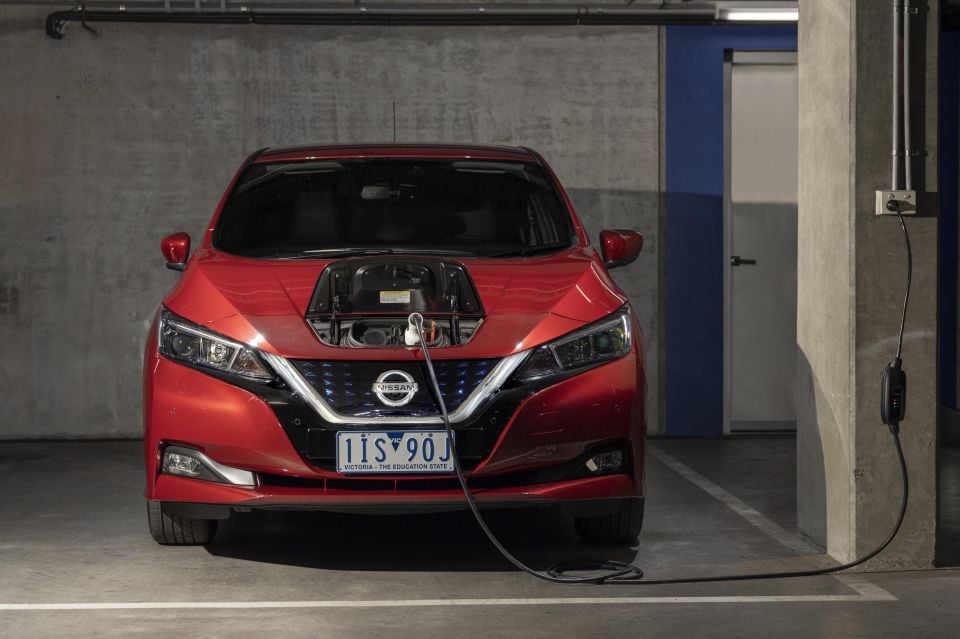
“The proposed road user charge will ensure road maintenance funding is sustainable into the future. The government is consulting with other jurisdictions about the details of the proposed road user charge.”
He added that current estimates are that less than about $1 million per year will be collected by the charge, though of course as electric cars grow in market share this figure will likewise grow with it.
“Someone needs to take the lead,” Mr Lucas said in a Financial Review story. “Now’s the time to bite the bullet and introduce reform. There’s great logic to it.”
There’s an existing New South Wales proposal to tax electric vehicles for every kilometre driven, though it’s not policy.
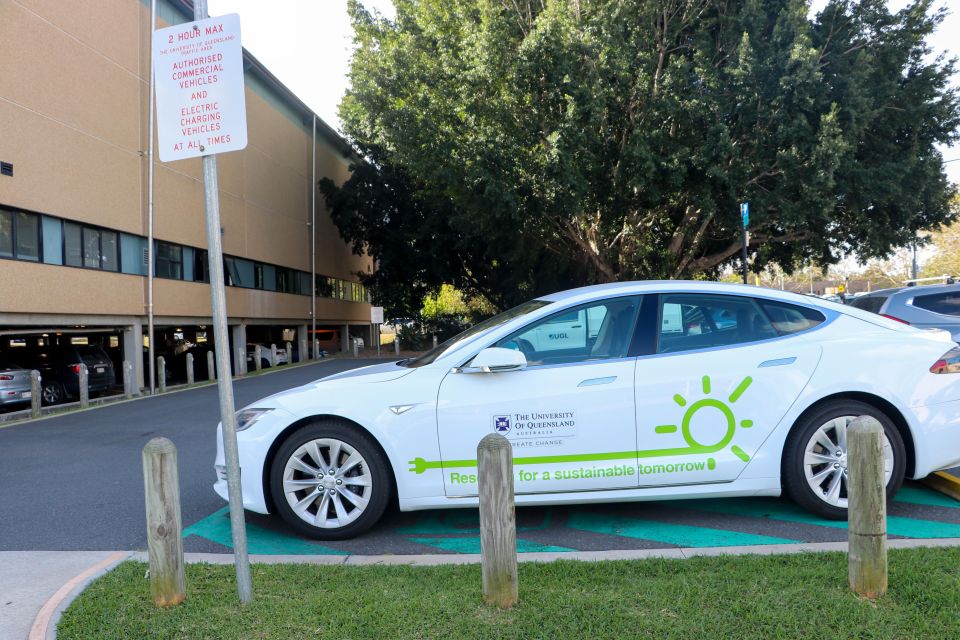
In that same AFR report he said it was a ”complex” issue, with one option being that drivers keep records and benchmark that against estimated kilometres travelled.
This issue is not new, by the way. Tesla chair and ex-Telstra executive Robyn Denholm described a proposed road tax on electric vehicles as “crazy” earlier this year.
“For me, it’s not just about the disincentive for electric vehicles, but [a road tax is] actually denying consumers the opportunity of participating in new technology,” Ms Denholm said, speaking to an Electric Vehicle Council webinar.
“It would be like when the iPhone came in, that we put an extra surcharge on top of the iPhone versus a different phone, and expected people to wear that additional charge. It’s crazy.”
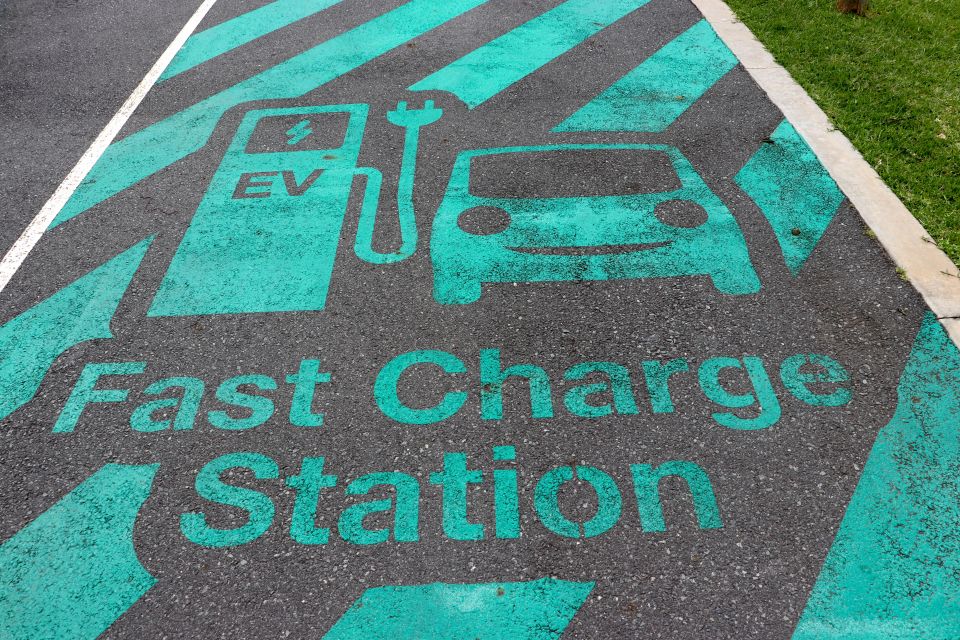
On the flip side…
At the same time as all this, the South Australian government is positioning itself as a supporter of EVs in other ways, after announcing an $18.3 million Electric Vehicle Action Plan ahead of the budget late last week.
The plan is to help fund a “state-wide charging network”. The government also plans to “transition to electric vehicles within its existing budget, whilst calling on local government and corporate fleets to pledge similar” – in other words, buy more EVs for its fleet.
“This will bring more models into South Australia and deliver a steady stream of affordable used electric vehicles after a few years of use in government and private fleets,” claimed State Premier Steven Marshall.
“The State Government spends approximately $80 million on vehicles and fuel each year – and our new policy will progressively shift that spend to electric cars. Instead of $15 million each year spent on imported fuel, we’ll be buying local clean power instead,” the Premier added.
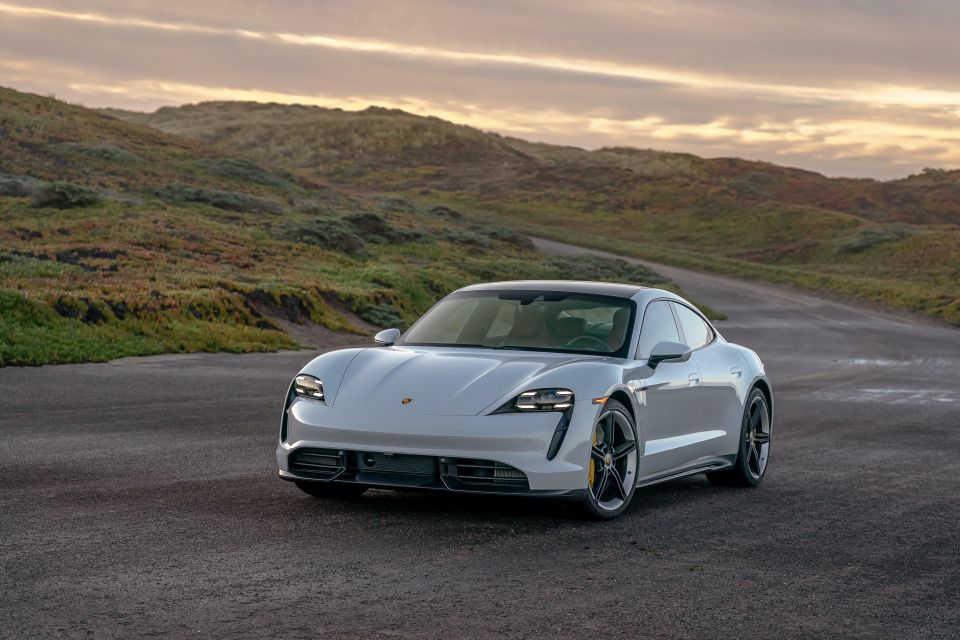
“As an added bonus, the faster uptake of electric vehicles is modelled to cut household power bills by around $50 by 2025 and $240 by 2030 as more users share the cost of the network.
“Electric vehicles will drive the next wave of power bill savings, whilst meeting our need for speed on climate change and improving air quality.”
The Federal Government estimates that EVs will reach 8 per cent market share by 2025 and 27 per cent by 2030.
The SA ‘Action Plan’ has the stated aim of accelerating that, “making electric vehicles the common choice for new passenger vehicles by 2030, and the default choice by 2035”.
More to come…


James Wong
5 Days Ago
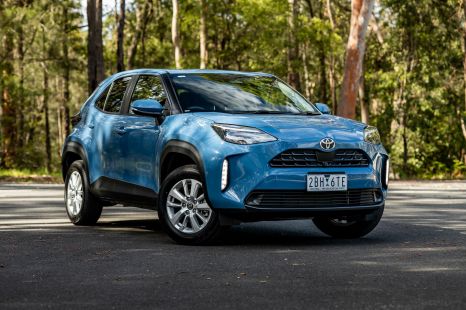

Matt Campbell
4 Days Ago
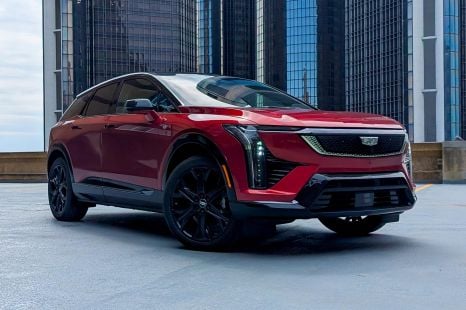

William Stopford
2 Days Ago
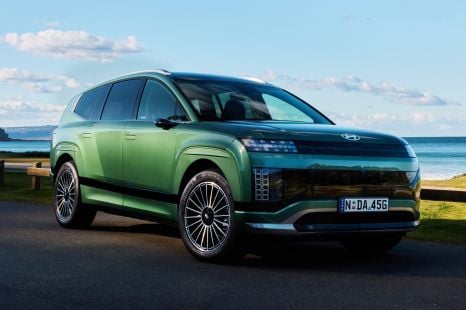

Josh Nevett
1 Day Ago
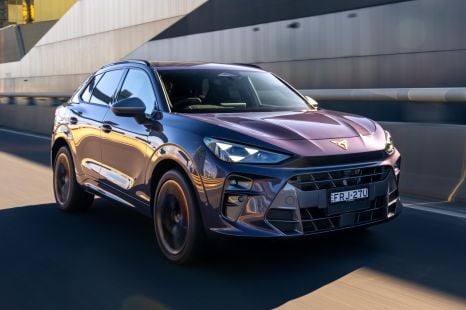

James Wong
1 Day Ago
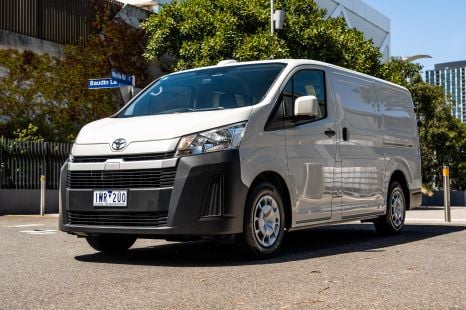

Max Davies
17 Hours Ago